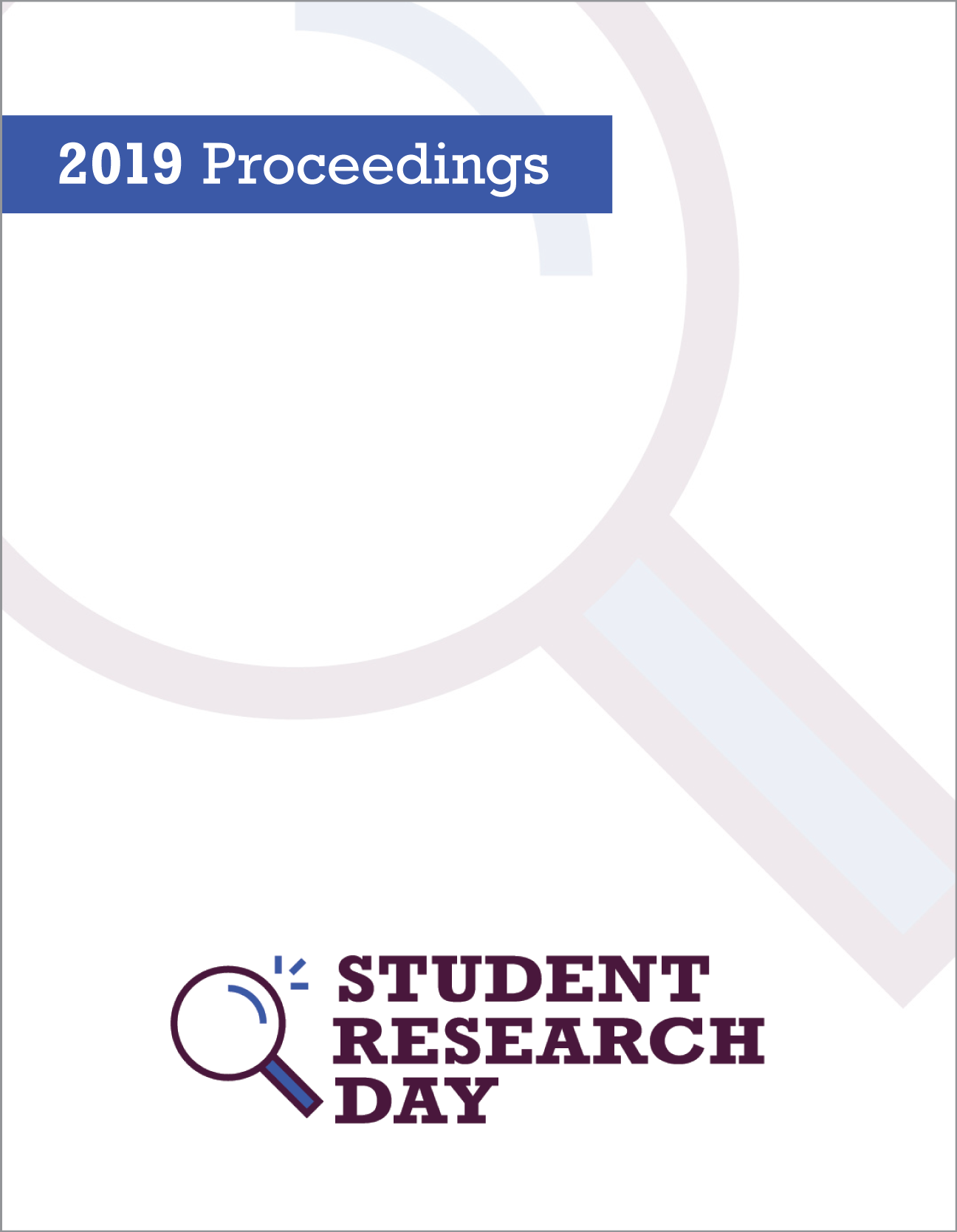Perspective taking journaling in grade 4 students: Building resilience through the reframing of learning objectives
Abstract
Research has described the negative impacts of early adversity and disrupted attachments throughout the life course and suggests the primary mechanism for these negative impacts is delayed social learning and bonding. Social and emotional learning interventions are shown to facilitate academic and social improvements for both atypical and typical children. The supported explanation is these interventions improve student’s social skills, and facilitate social identity that then improves grades, prosocial behavior, sense of self, and conduct. This research will examine the impact of social learning via perspective taking in journaling exercises in grade 4 students on conduct, pro-social behavior, academic performance, sense of self, and classroom discipline. We hypothesize that perspective journaling, which asks students to assume the perspective of fellow classmates, will show similar results to social and emotional learning interventions when compared to the control of personal journaling.
To test our hypothesis, we will randomly assign prospective students to two grade 4 classrooms that will be shared by two teachers. One teacher will teach English to both classrooms and administer the treatment of perspective journaling, or the control of personal journaling, and will provide little instruction beyond the hypothetical situations on which they write. The second teacher will remain blind. Teachers will be given weekly questionnaires to track disciplinary actions, and classroom environments. At six months, a cooperative building exercise will be used to compare prosocial behaviors. We expect to see that perspective journaling will improve children’s prosocial behavior, achievement, conduct, and sense of self.
Faculty Mentor: Sean Rogers
Department: Psychology (Honours)
References
Published
Issue
Section
License
Authors retain any and all existing copyright to works contributed to these proceedings.



